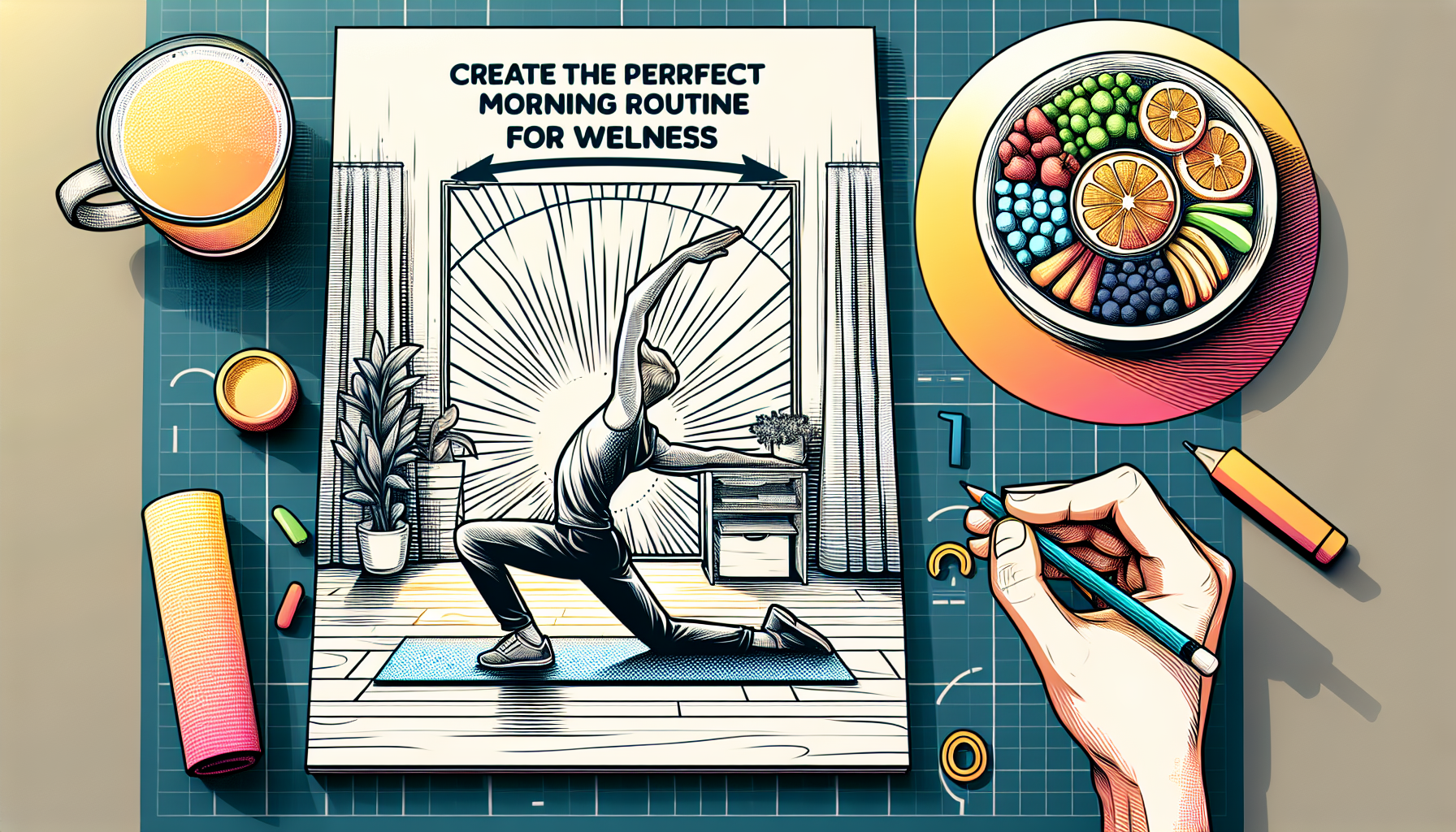Why it’s important
In the hustle and bustle of modern life, finding time to prepare nutritious meals every day can feel like an insurmountable challenge. With work commitments, family demands, and social engagements all vying for our attention, keeping a balanced diet often takes a backseat. This can lead to reliance on unhealthy convenience foods, which not only impact physical health but also mental well-being over time. However, adopting a strategic approach to meal planning can be a game-changer, transforming chaos into a well-organized routine that supports your goals and priorities. By incorporating a few simple techniques and handy tools, you can simplify your week while ensuring your dietary needs are met. Beyond just saving time, meal planning allows you to control portion sizes, reduce food waste, and make more intentional choices about what you consume. Dive into the world of meal prep tips and weekly meal planning to discover how you can reclaim your time, improve your health, and enhance your quality of life.
Think about it..
Imagine starting your week with a clear plan for what you’re going to eat every day. By dedicating a couple of hours to meal planning at the beginning of the week, you can save time, reduce stress, and focus on what truly matters from day to day. Knowing what’s on the menu eliminates the guesswork, freeing mental space for more productive tasks. One effective strategy is to choose a day, maybe Sunday, to plan out your meals for the entire week. Consider your dietary goals, family preferences, and any special events coming up, as these factors will shape a meal plan that works for everyone. A weekly planner can be an invaluable tool here, guiding you as you jot down recipes, ingredients, and meal themes. This system not only streamlines your grocery shopping but also helps curb impulsive eating by ensuring you always have what you need on hand. Over time, this habit fosters a sense of stability and organization, making mealtime something to look forward to rather than stress about.
Getting started
Once your weekly meal list is ready, it’s time to jump into meal prep mode! This approach often involves preparing ingredients in bulk to save cooking time during the week. For instance, chopping vegetables, marinating proteins, or even preparing full meals that can be refrigerated or frozen are all great tactics. By dedicating a single session to meal prep, you can create a week’s worth of healthy options with minimal effort each day. Engage the help of high-quality meal prep containers to keep your prepped food fresh and easily accessible. Investing in reliable, compartmentalized containers can make portion control easier, promote healthier eating, and ensure freshness throughout the week. Additionally, labeling containers with dates and meal names can make organizing your fridge a breeze, saving you precious minutes on busy mornings or evenings. With a little effort upfront, you’ll be amazed at how much smoother your daily routine becomes.
What it involves
Meal planning doesn’t just cater to breakfast, lunch, and dinner; it also extends to snacks and beverages. Keep a running list of healthy, grab-and-go options, such as homemade granola bars, sliced fruits, or nuts, which can be prepped in advance. These options make it easy to maintain a balanced diet throughout the day, even when schedules are tight. To enhance your meal prep efficiency, consider integrating a few batch-cooking sessions into your schedule. Cooking larger quantities of versatile dishes like soups, stews, or roasted vegetables can significantly cut down on daily cooking time while providing delicious options for every meal. Take advantage of your freezer’s potential by storing pre-portioned meals for the days when life gets too hectic. Not only does this reduce stress, but it also ensures you’re never caught without a healthy, satisfying option on hand. Over time, these habits will reduce food waste, save money, and make nourishing yourself a seamless part of your routine.
Staying consistent
Engagement doesn’t stop at preparing and storing food; it involves a little creativity and motivation to stick to the plan. Add fun and variety to your meals by experimenting with different cuisines or themed nights like Taco Tuesday or Mediterranean Monday. This makes meal planning feel less like a chore and more like an enjoyable, family-friendly activity. Flexibility in your planning can also prevent it from becoming monotonous. For instance, plan for one or two “wild card” meals to accommodate mid-week changes or unexpected cravings. Having a backup meal plan for these scenarios can alleviate the pressure of straying from your schedule, ensuring a smoother meal planning experience. Remember, the goal is to create a system that works for you, so don’t be afraid to tweak and refine your approach as you go. Staying consistent doesn’t mean being rigid—it’s about maintaining a steady rhythm that adapts to your needs.
Conclusion
Embracing meal planning is not about perfection; it’s about cultivating a lifestyle that supports your goals and alleviates stress. By incorporating a few key strategies and tools, such as a dependable weekly planner and high-quality meal prep containers, you can streamline your food preparation routine. This simple shift in your approach to meals can lead to healthier eating habits, more quality time with loved ones, and an overall more balanced life. Beyond that, the practice encourages mindfulness, helping you align your food choices with your personal values and health aspirations. Whether you’re a busy professional, a parent juggling multiple responsibilities, or simply someone striving for better health, meal planning can be the cornerstone of a well-rounded, intentional lifestyle.
Key Takeaways
- Set aside time each week for strategic meal planning using a reliable weekly planner.
- Prepare ingredients and meals in advance to save time during busy weekdays.
- Use high-quality meal prep containers to maintain food freshness and manage portions effectively.
- Incorporate batch-cooking techniques for efficient meal preparation.
- Add variety and creativity to your meal plans to keep them exciting and flexible.
- Remember, meal planning is about creating a stress-free, nutritious lifestyle tailored to your needs, enabling you to focus on what matters most.




